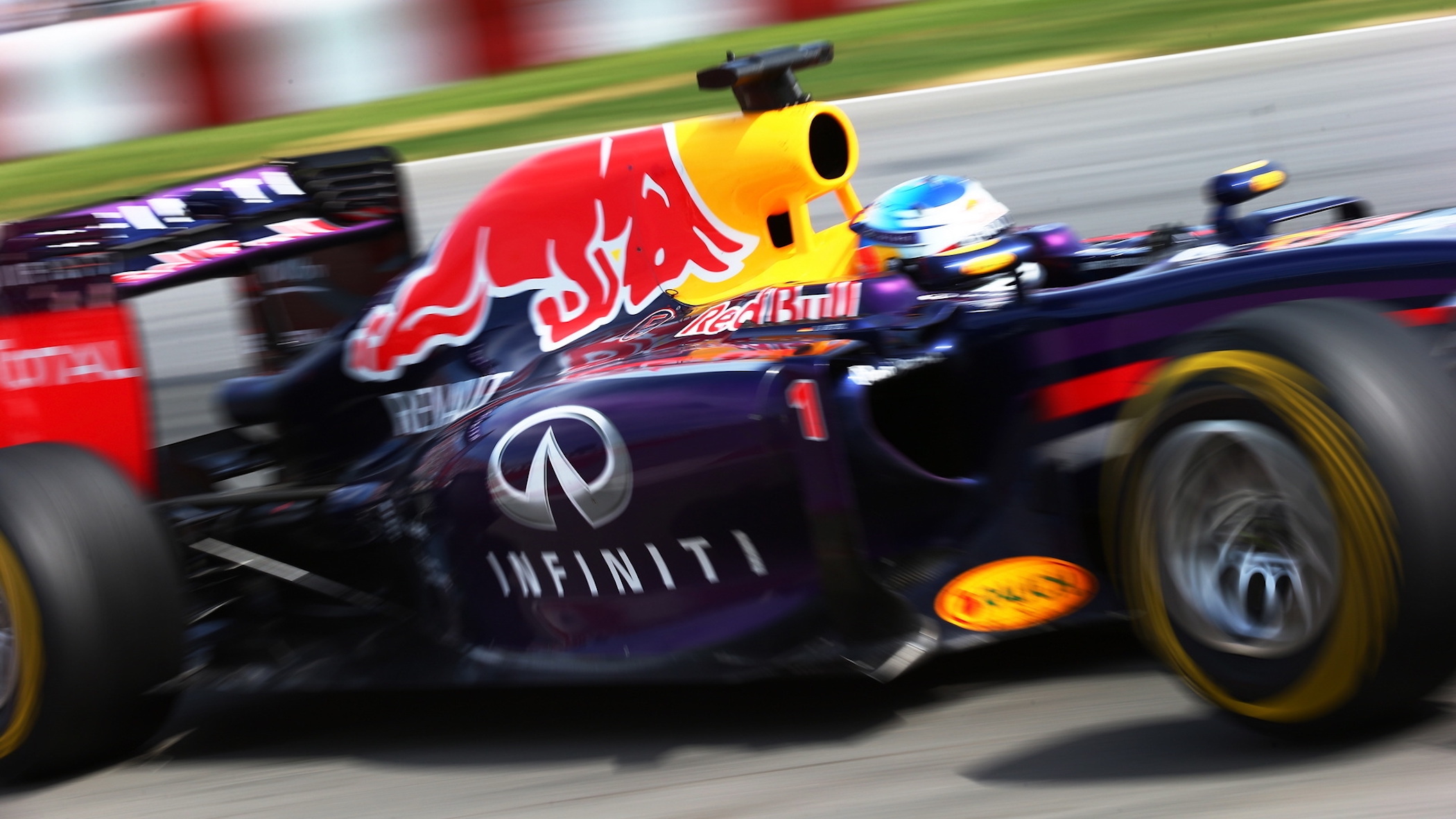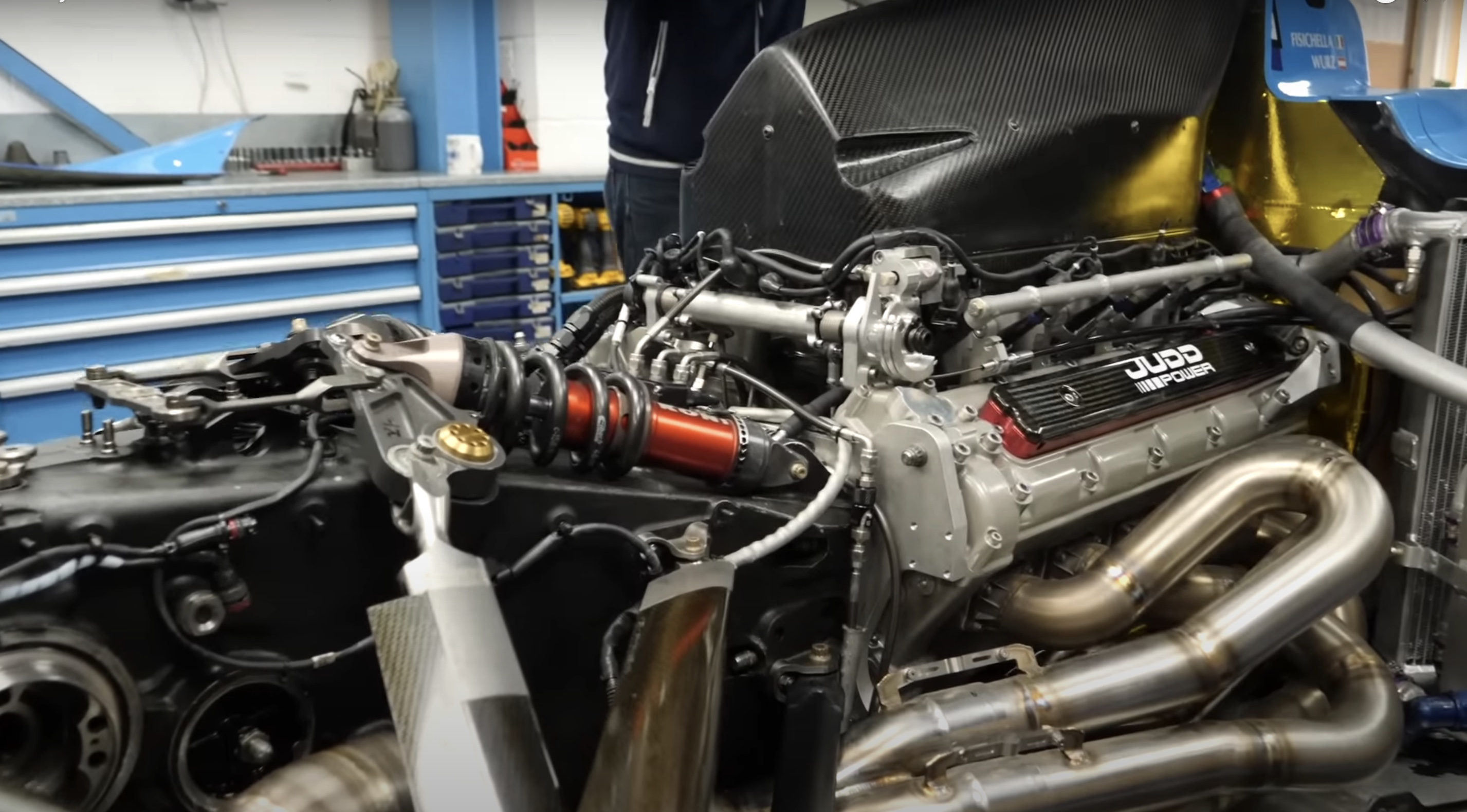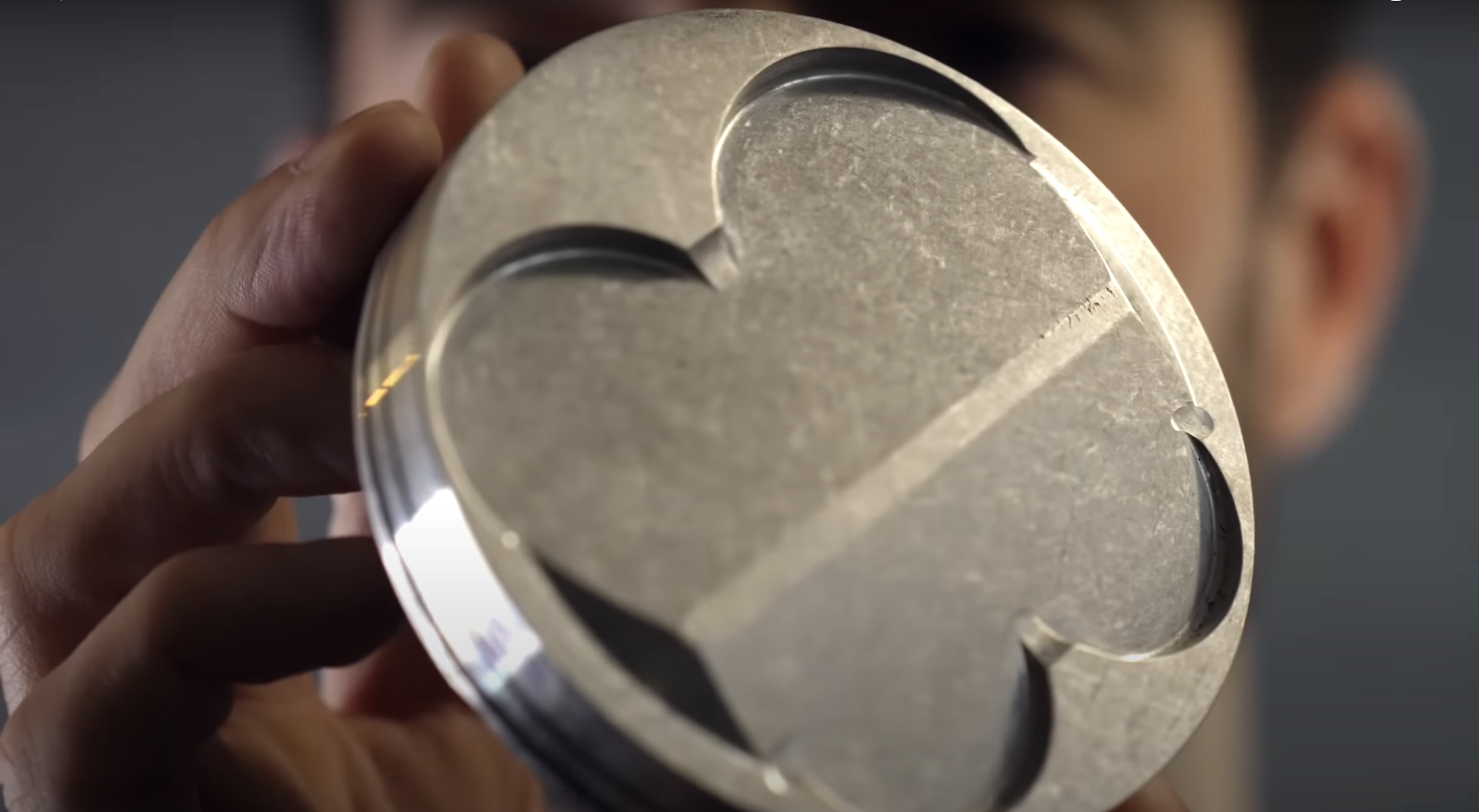Why the hell do F1 pistons cost $95,000?!

Formula 1 is a realm where engineering marvels are the norm, and the pistons used in these high-performance engines are no exception. Priced at a staggering £50,000 each, F1 pistons play a crucial role in engines that cost over £7 million and generate more than 1,000 horsepower. But what justifies this price tag, making them a thousand times more expensive than their road car counterparts?
One of the defining features of F1 pistons is the incredible tolerances they operate under. Unlike a regular road car, an F1 engine cannot be started cold. The pistons are seized in the cylinders until the car is adequately warmed up, necessitating engineers to warm the coolant and oil for at least 30 minutes before starting the engine. This meticulous process is due to the minimal gap between the piston and the cylinder, a mere 0.15 millimetres, slightly wider than a human hair, with tolerances on the diameter as little as 0.01 of a millimetre.

The design intricacies of these pistons are fascinating. They are initially oval-shaped, becoming round as they heat up due to uneven expansion of the material. Weight is a critical factor, with every gram making a significant difference. F1 pistons change direction over 300 times a second, experiencing g-forces over 200g, making a 300-gram piston effectively weigh 600 kilograms. The top face of these pistons can be as thin as five millimetres, with non-essential metal removed to reduce weight.
Manufacturing F1 pistons is a blend of art and science. They are crafted from an aluminium alloy, either machined directly from a billet of aluminium or forged and then machined down to exact dimensions. These methods yield pistons much stronger than the cast pistons in regular road cars. Every piston undergoes rigorous quality checks, measured to within 100 nanometres and x-rayed for imperfections.

In conclusion, the £50,000 price tag of an F1 piston is a testament to the engineering brilliance, precision, and quality that goes into its making. These components are a pivotal part of the high-performance engines that push the boundaries of speed and efficiency in the thrilling world of Formula 1 racing.
Comments
No posts found










